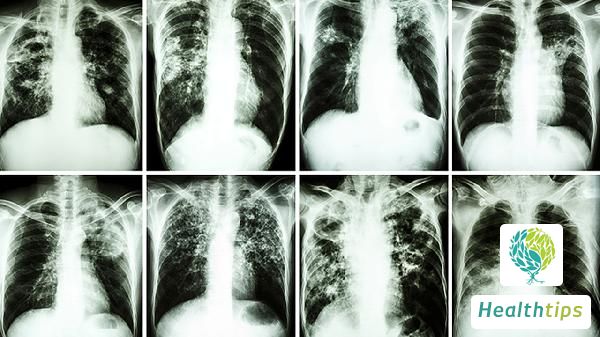Pleural effusion, also known as water on the lungs, has numerous causes. Based on its characteristics, pleural effusion can be classified into various types such as transudative effusion, empyema, and exudative effusion. The lungs, a crucial organ in the human body, are located within the pleural cavity. Therefore, the presence of pleural effusion can lead to significant discomfort in the lungs. What causes pleural effusion in the lungs? Increased hydrostatic pressure in pleural capillaries, such as in congestive heart failure, increased pleural permeability like pleural inflammation or tumors, decreased plasma osmolarity in pleural capillaries such as in hypoproteinemia or liver cirrhosis, obstructed lymphatic drainage of the parietal pleura like cancerous lymphatic vessel obstruction, and chest trauma, can all contribute to pleural effusion. Common clinical causes include:

1. Transudative pleural effusion: Often caused by conditions such as congestive heart failure, constrictive pericarditis, liver cirrhosis, superior vena cava syndrome, nephrotic syndrome, glomerulonephritis, dialysis, and myxedema.
2. Exudative pleural effusion:
- Malignant tumors of the pleura, including primary mesothelioma and metastatic pleural tumors.
- Infections of the chest and lungs, such as tuberculosis and other bacterial, fungal, viral infections, and trematode infections.
- Connective tissue diseases like systemic lupus erythematosus, polymyositis, scleroderma, and Sjögren's syndrome.
- Abnormal reticulocytes, such as multiple myeloma and lymphoma.
- Iatrogenic pleural diseases caused by medications like minoxidil, bromocriptine, ergometrine, methotrexate, and levodopa.
- Gastrointestinal diseases such as viral hepatitis, liver abscess, pancreatitis, esophageal rupture, and diaphragmatic hernia.
- Other conditions including hemothorax, chylothorax, uremia, endometriosis, radiation damage, and post-myocardial infarction syndrome.




















